
Chickens and other poultry are birds, right? So logically you’d think it wouldn’t be a problem for your flock to mingle with wild birds. But here are three reasons why chickens and wild birds shouldn’t mix. Fowl Mites The northern fowl mite (Ornithonyssus sylviarum) is the most serious external parasite of chickens. It is the […]
Continue Reading
Where do chickens come from? Chickens are descendants of wild jungle fowl, which were domesticated thousands of years ago. Where are chickens native to? No one is really certain where chickens originated. Evidence indicates that chickens most likely originated in southern China or northern India. Chicken Characteristics Are chickens birds? Yes. Chickens […]
Continue Reading
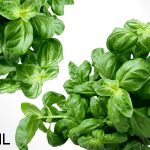
Medicinal herbs for chickens have a variety of desirable properties. Benefits include healthful nutrients that are lacking in pharmacological drugs. Herbs also have the ability to interact with drugs to reduce required dosages. And, unlike antibiotics, the active components of herbal compounds readily absorb, along with other digestive contents. They are rapidly excreted, too, with […]
Continue Reading

Few scientific studies have verified the use of herbs as insecticides or insect repellents. However, using herbs in the chicken coop won’t harm your chickens. And using repellent herbs for chickens just might discourage some of the external parasites that plague them. Repellent Herbs You might, for example, sprinkle herbs, fresh or dried, on bedding […]
Continue Reading
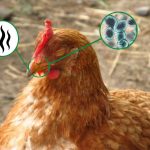
Sour crop in chickens and turkeys is caused by yeast of the Candida species. The condition, also known as thrush, is technically called candida infection or candidiasis. Left untreated, sour crop can have dire consequences. Signs of Sour Crop Sour crop typically affects either young and growing or aging and elderly birds, but may occur […]
Continue Reading
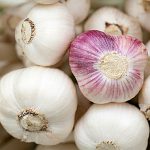
Garlic (Allium sativum) has so many beneficial properties that researchers haven’t yet discovered them all. What is well known is that garlic has broad-spectrum antimicrobial properties, making it effective against many bacteria, fungi, viruses, and internal parasites, including protozoa. That’s why so many people are enthusiastic about using garlic for chickens. Allicin and Ajoene Garlic’s […]
Continue Reading
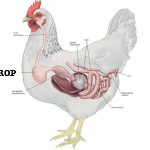
The first stop in a chicken’s digestive process is the crop, a pouch at the base of the neck that temporarily stores whatever the chicken has eaten. From there, food moves into the proventriculus (the chicken’s stomach), where acid and enzymes break it down for digestion. Crop impaction occurs when the crop gets jam-packed full […]
Continue Reading
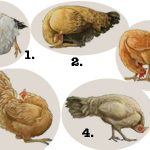
Wry neck is a neurological condition in which a chicken’s head turns to one side or to some other abnormal position. Also called crookneck, the technical word is torticollis, from the Latin words torquere, meaning “to twist,” and collum, meaning “neck.” Wry neck in chickens takes on different forms, including these (illustrated) five: Head tilted […]
Continue Reading
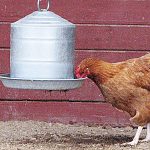
Preventing heat stress in your backyard chicken flock involves a combination of commonsense management measures. The following seven simple strategies will help your chickens stay cool in summer. Heat Tolerant Breeds If you live in a climate that’s warm year-around, you might consider keeping a heat tolerant breed. Some chicken breeds naturally tolerate warm weather […]
Continue Reading
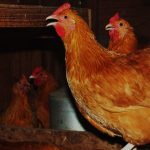
The air temperature range at which chickens maintain the best health and productivity is between 70°F and 75°F. As the temperature rises above this range, physical adaptations — such as a large comb and wattles — help some breeds release body heat. All breeds also engage in behavior modifications that allow chickens to keep themselves […]
Continue Reading









